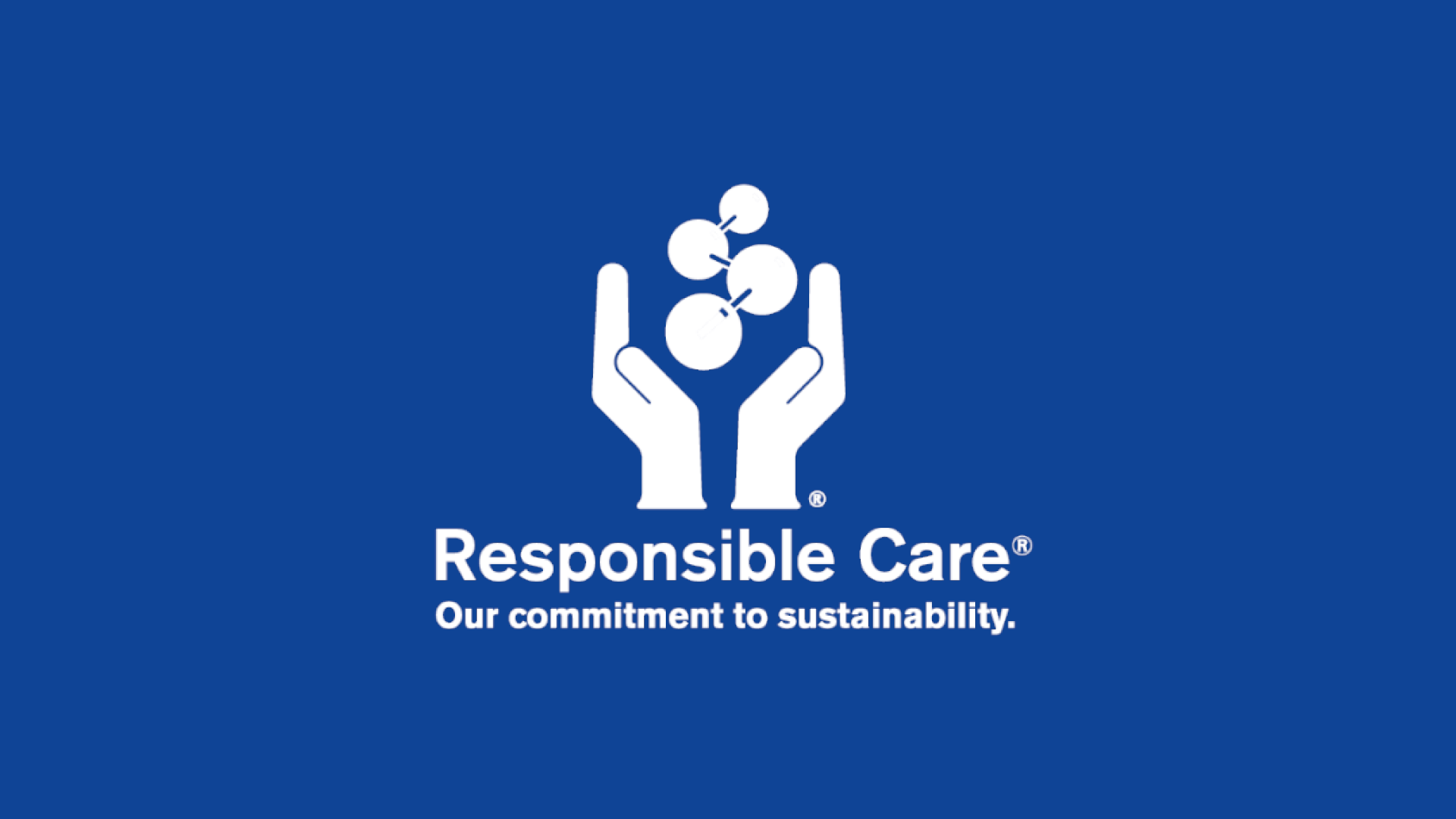The 2017 results of the Finnish Chemical Industry’s Responsible Care programme: An important milestone reached with regard to occupational safety
Results of the Responsible Care programme of the Finnish chemical industry in 2017 show considerable steps forward particularly in safety at work. For the first time during the implementation of the programme, the lost time injuries frequency rate remained at five injuries per million man-hours worked. In many of the chemical industry companies 0 injuries resulting absences from work occurred in 2017. Improvements were also seen in resource efficiency.
The Finnish chemical industry is committed to reducing the number of occupational accidents, and has set zero injuries as its target. In 2017, the lost time injuries frequency rate (LTI3) decreased by 18 per cent compared with the previous year, with the rate of 5.0 seen among company employees. A total of 21 per cent of the companies achieved the target of zero injuries with regard to lost time injuries among company employees and contractors’ personnel.
‘The chemical industry carries out continuous, determined safety work, which has produced good results. This year, we will place a special emphasis on the promotion of safety culture, skills and competence in vocational training. This also presents an excellent opportunity for creating safety partnerships between companies and educational institutes,’ explains Merja Vuori, Senior Advisor of Chemical Industry Federation of Finland.
Highlights from the 2017 Responsible Care programme results (from 2016):
- Lost time injuries frequency rate(LTI3, personnel): 5.0 injuries per 1 million hours worked (6.1)
- Lost time injuries frequency rate(LTI1, personnel): 8.0 injuries per 1 million hours worked (8.5)
- Sick leaves:9% of all hours of work (3.9)
- Energy consumption: 0.94 kWh per kg of product (0.96)
- Water consumption: 0.94 litres per kg of product (1.08)
- Emissions of greenhouse gases 227 gCO2e per kg of product (235).
The chemical industry has a strong involvement in the circular economy. It continuously improves its resource efficiency and creates new solutions that benefit society as a whole. The monitoring of material and energy streams is also developed. Yet again, the results show improvements in resource efficiency.
‘The proportion of renewable and recycled materials and renewable energy is gradually increasing,’ explains Alexandra Peth, Specialist of Chemical Industry Federation of Finland.
‘However, the nature of production varies from one company to another, which has an impact on the raw materials used. Therefore, the reported overall figures may not reflect the situation in an individual company,’ she continues.
Material and energy streams in 2017 (from 2016):
- 13% (11) of raw materials are renewable, while 2% (3) are recycled materials
- 1% (2) of materials leaving the production process are by-products and waste material.
- 88% (76) of these by-products and waste products are utilised as materials and energy
- 95% (93) of the electricity and 29% (18) of other forms of energy consumed are purchased
- 7% (5) of the whole energy consumed is produced with renewable energy sources
- The energy generated for sale corresponds to 4.4% (5.7) of the total consumption
The results of the Responsible Care programme are available online at
http://www.kemianteollisuus.fi/en/about-industry/facts-and-figures/responsible-care/
Responsible Care is an international responsibility programme which supports sustainability in the chemical industry. For 26 years, it has served as the primary operating model used in matters related to sustainability in the Finnish chemical industry. Currently, 98 companies are committed in the programme, accounting for 80 per cent of the industry’s production and 60 per cent of its workforce.
Results for about 50 indicators are reported annually, depicting the development of responsibility efforts in the companies participating in the programme. The results provide information on investments in the chemical industry, resource efficiency, emissions, occupational safety and wellbeing, product chains and interaction and collaboration.
Programme implementation is coordinated by The Chemical Industry Federation of Finland. The Industrial Union, Trade Union Pro and the Federation of Professional and Managerial Staff participate in programme monitoring and development.
The chemical industry is one of the most important industrial sectors in Finland. It accounts for about 20% of the industrial production and the export of goods. The industry employs almost 100,000 people directly, indirectly and through the income effects.
Lisätietoja
Chemical Industry Federation of Finland
Alexandra Peth, Specialist, Responsibility, +358 43 825 9505, alexandra.peth@kemianteollisuus.fi
Merja Vuori, Senior Advisor, Safety and Security, +358 40 730 1932, merja.vuori@kemianteollisuus.fi

